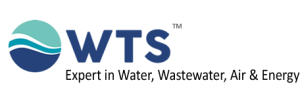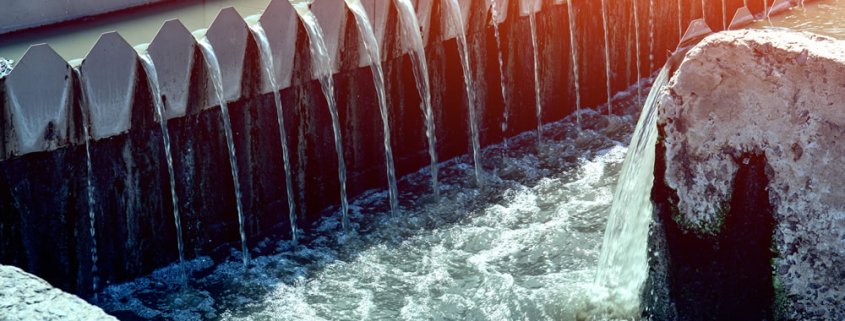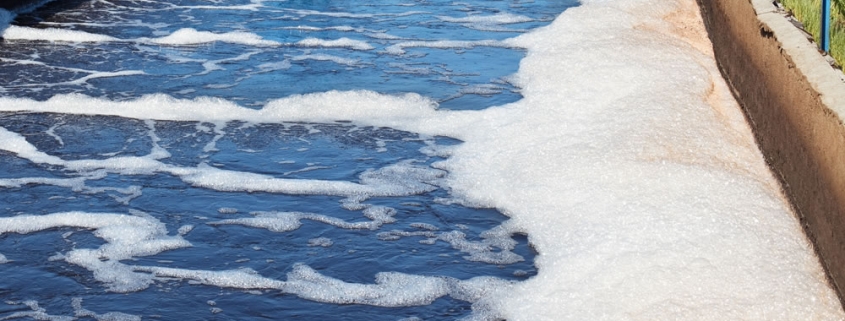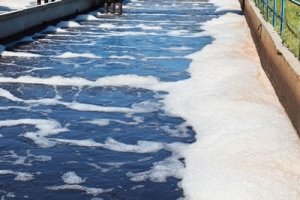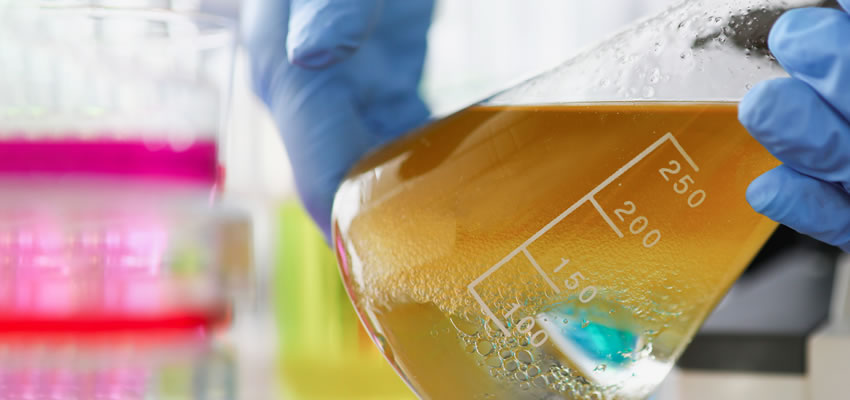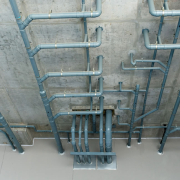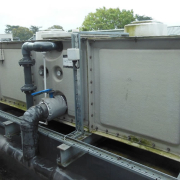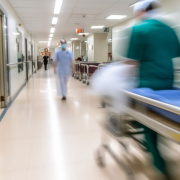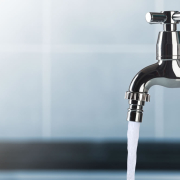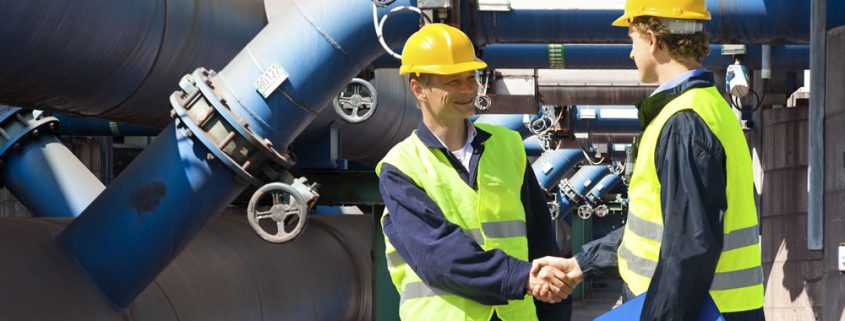How can trade effluent testing save you money?
UK water companies use what is called the Mogden Formula to calculate the trade effluent charges a business will incur when it disposes of its industrial effluent. These charges are calculated using a formula that takes into account a number of variables including effluent volumes, and the type and level of contamination.
Our trade effluent and wastewater analysis solutions have been carefully developed to help you identify the presence and concentrations of these key consent related contaminants in your wastewater so you can do something about it.
let our wastewater specialists help you meet your discharge consent obligations, optimise your liquid waste processes and reduce your trade effluent costs.
This information will allow you to review and then optimise your treatment and discharge processes and so reduce the costs associated with the disposal of your trade effluent.
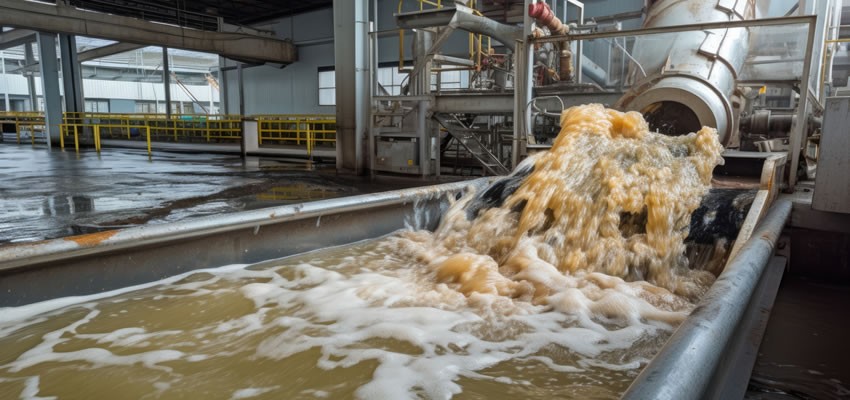
Industrial wastewater and trade effluent in more detail
Wastewater from many diverse sources is handled by water companies around the UK. They are responsible for maintaining public sewers and the water that flows into them. This water may come from households, from rainwater, and from other sources.
However, trade effluent is viewed differently from these other sources. Here, we will discover what trade effluent is, what discharge consent is, how trade effluent testing can help you stay the right side of the law, and how these issues may apply to you and your business.
If you own or run a business in the UK, you may well be affected by the information laid out in the Water Industry Act 1991.
If your business produces liquid waste as part of the various processes conducted on your premises, you may be required to obtain discharge consent to cover this effluent.
What is trade effluent?
The term trade effluent relates to wastewater generated by a trade or business, rather than that generated by normal domestic use of water in a home or residence. However, some businesses only generate wastewater by accessing water supplies in the same manner we would do at home. Therefore, it is important to determine whether your business creates trade effluent or not. If it does, you will likely require discharge consent to allow the wastewater to go into the sewer system.
Do all businesses generate effluent?
Not all businesses generate trade effluent, but it can be confusing to work out whether your business does or not. The important question you need to ask yourself is how is your wastewater created?
For example, businesses that use water in engineering processes will be classed as producing trade effluent. A professional car washing service will also be classed a producer of trade effluent.
These and other similar processes use water in different ways compared to standard domestic waste and how that is created. The greater the chance of other products and by-products contaminating the water, the more likely it is the wastewater would be classed as trade effluent.
To gain a greater understanding of how trade effluent is viewed, it is necessary to consider some businesses that do not fall under this category. For instance, a hairdresser is a business, but it only produces wastewater through the normal procedure of washing hair, as we would do at home. Therefore, it does not produce trade effluent. The same applies to the services provided in restaurants and hotels, since these involve the regular use of kitchens, washing up, and bathroom facilities.
What is a discharge consent?
If you operate a business or produce wastewater as part of an industrial process, you are likely to require discharge consent for your trade effluent.
If you obtain this consent, it means that you have permission from the relevant water company in your area to discharge your wastewater into the sewers. The water company will therefore be aware of the water you are getting rid of and what is contained within it. The water companies can then put measures in place to ensure the trade effluent is appropriately treated.
Trade discharges of effluent should always be made to a foul sewer or a combined sewer. You should always check with your local water company to make sure any waste you create is discharged to the correct sewer before you do so.
You cannot make any discharges of wastewater until you have the proper discharge consent in place. This may be a temporary or permanent consent, depending on the nature of your business and the processes taking place. For example, a construction project taking place over 12 months may only require a temporary trade effluent discharge consent.
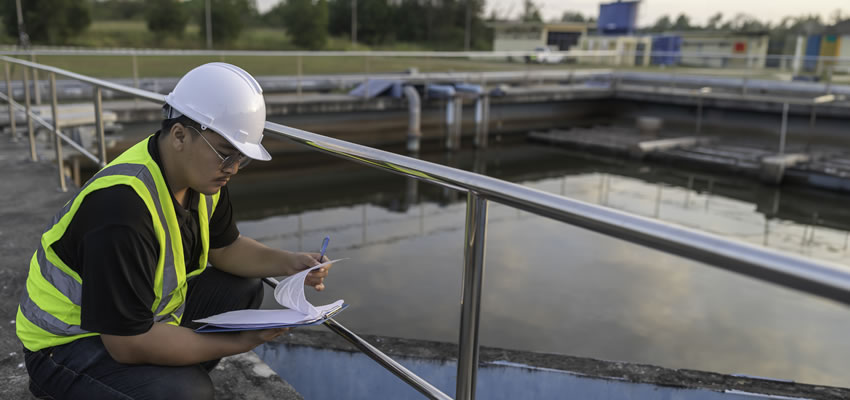
Why is a discharge consent required in relevant cases?
Wastewater taken from domestic properties is reasonably consistent in its quality. It can be taken away and treated without posing any risk to the public or to staff working for the water companies.
However, the same cannot be said of many trade effluents. When trade effluent is tested, the results will determine whether the solids and other elements present in the water are within acceptable levels. If they are within acceptable levels, discharge consent will likely be granted.
If the levels of certain contaminants are above acceptable levels, other treatment or disposal methods will be required to get rid of the trade effluent. In these cases, discharging effluent into the sewers would likely cause a health hazard to the public and those working at the water company. Therefore, permission to discharge the effluent would not be granted.
How can testing your trade effluent help obtain a discharge consent?
To obtain proper consent to discharge your wastewater into the sewers, you must be able to prove what is in the wastewater, and this could include a number of contaminants:
